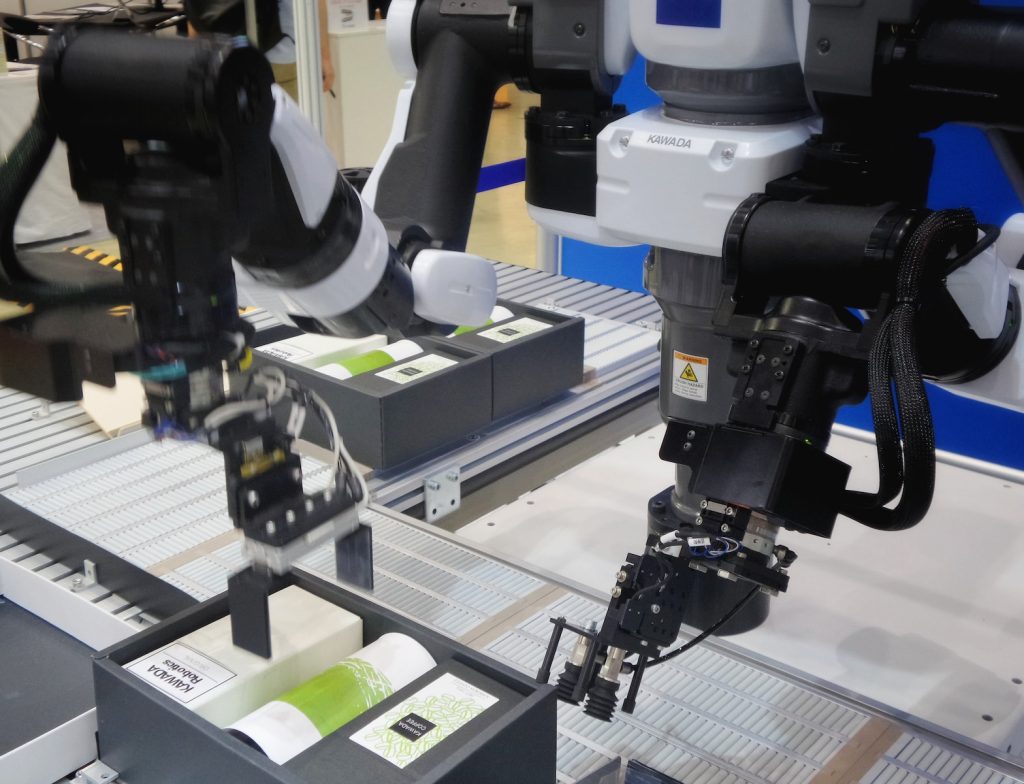
Introduction
Artificial Intelligence (AI) is revolutionizing the business landscape, offering unprecedented opportunities for efficiency, innovation, and growth. This comprehensive guide is your key to understanding the transformative applications of AI in business and navigating the evolving landscape of automation.
Section 1: Foundations of AI in Business
1.1 Understanding Artificial Intelligence
Gain a clear understanding of what AI is, its various branches (machine learning, natural language processing, etc.), and the fundamental principles that drive AI applications.
1.2 Key Components of AI Systems
Explore the core components of AI systems, including data collection, algorithms, model training, and deployment. Understand the critical role each element plays in AI applications.
1.3 Real-world Business Benefits of AI
Discover the tangible benefits AI brings to businesses, such as improved efficiency, enhanced decision-making, cost savings, and the ability to unlock valuable insights from data.
Section 2: AI Applications Across Industries
2.1 AI in Finance and Banking
Explore how AI is reshaping financial services through fraud detection, risk management, customer service, and personalized financial recommendations.
2.2 AI in Healthcare
Examine transformative applications of AI in healthcare, including diagnostics, personalized medicine, patient care, and drug discovery.
2.3 AI in Retail and E-Commerce
Discover how AI is revolutionizing the retail sector, from personalized shopping experiences and demand forecasting to supply chain optimization and fraud prevention.
2.4 AI in Manufacturing
Explore the impact of AI on manufacturing processes, including predictive maintenance, quality control, and optimization of production workflows.
2.5 AI in Marketing and Advertising
Understand how AI is revolutionizing marketing strategies through customer segmentation, personalized content recommendations, and targeted advertising.
Section 3: Implementing AI in Your Business
3.1 Assessing AI Readiness
Evaluate your organization’s readiness for AI implementation, considering factors like data infrastructure, talent, and cultural preparedness.
3.2 AI Adoption Strategies
Develop a roadmap for adopting AI in your business, considering phased implementations, pilot projects, and integration with existing workflows.
3.3 Overcoming Challenges
Address common challenges associated with AI adoption, such as ethical considerations, data privacy, and potential job displacement.
Section 4: The Future of AI in Business
4.1 Emerging AI Technologies
Explore cutting-edge AI technologies on the horizon, including explainable AI, reinforcement learning, and AI for edge computing.
4.2 Ethical and Responsible AI
Understand the importance of ethical considerations in AI development and deployment. Learn about responsible AI practices to avoid biases and ensure fairness.
4.3 The Role of Humans in an AI-Powered Future
Examine the symbiotic relationship between humans and AI. Discuss how AI can augment human capabilities and lead to new job roles.
Conclusion
As AI continues to shape the future of business, staying informed and adopting a strategic approach is paramount. This guide equips you with the knowledge and insights needed to harness the transformative power of AI in your organization. Embrace the future, leverage the capabilities of AI, and navigate the evolving landscape of business automation with confidence. #AIinBusiness #Automation #DigitalTransformation






